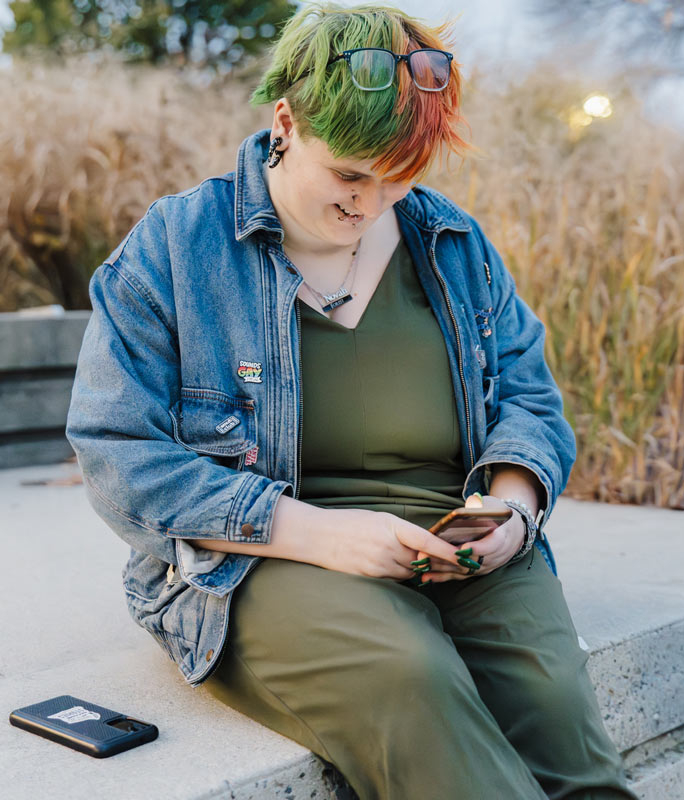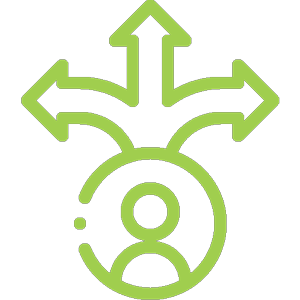INTRODUCING E-MENTORING
Life after foster care can feel overwhelming, and finding support isn’t always easy. That’s why we created the Silver Lining Mentoring e-Mentoring program—to provide young adults who have experienced foster care with a mentor who’s there to help you navigate challenges, celebrate wins, and work toward their goals.
With busy lives and different schedules, meeting in person isn’t always possible. Our e-Mentoring program lets mentors and mentees stay connected using a simple app on their phone or computer. Whether through video calls, voice chats, or messages, mentors are just a few taps away.
Why we started e-mentoring
We understand that young adults need flexibility and personalized support. Traditional in-person mentoring programs can be hard to access if a young person has moved, changed jobs, or is balancing school and work. e-Mentoring removes those barriers, making it easy to build a meaningful connection no matter where life takes a young person.
Who can sign up to receive a mentor?
- Young people ages 18-26 years old who have transitioned out of foster care or are voluntarily in extended foster care.
- In 2025, priority will be given to young people who live in a New England state.
- Dual-Role Empowerment: Young adults over 21 can volunteer to mentor peers while also receiving mentorship themselves from another volunteer by signing up to be both a mentor and a mentee. This model acknowledges the power of lived experience mentorship and that everyone – regardless of age – has uniques strengths to share and skills to develop.

How it Works
What’s in it for Young People (Mentees)?
Life can feel like a lot if you have experienced foster care. Whether figuring out housing, starting a career, or continuing their education, having someone in their corner makes a difference. A mentor is a free, consistent adult friend who can help navigate the road ahead. Mentors:

Offer Guidance & Support
A mentor can provide advice, encouragement, and informational resources to help you achieve your goals and overcome challenges.

Share Real-Life Experiences
A mentor may share their own experiences and insights, helping you learn life skills from a new and diverse perspective.

Build your Confidence
A mentor has your back and is there to cheer you on, helping you make informed decisions, and feel more prepared for the future.
Challenges Young People Might Face
- Opening Up Can Be Hard: It is normal to feel unsure about sharing personal goals or struggles with someone new. It is also normal for it to take some time before you establish trust and build friendship with an adult from different life experiences than your own.
- Balancing Feedback: While young people set their own goals, having someone hold you accountable for pursuing those goals can feel challenging, even when it’s meant to help you grow and stay on track.
- Dedicating Time: 4 hours a month is a commitment, and scheduling regular check-ins while managing other responsibilities can be challenging. The program offers a fair amount of flexibility but participants benefit most when they invest their time consistently.

